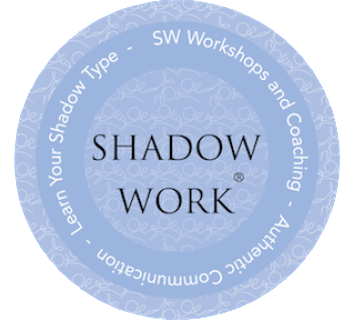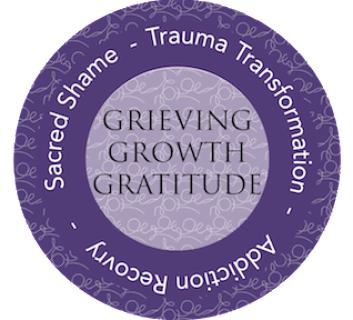“I think you might be better off learning from someone who specializes in ‘older adult’ training.” She said hesitantly.
I’m not sure if I agree with her or not, after all, I am an ‘older adult’ but upon further reflection, I realized that the priorities that I gave her for our social media training and the specificity of my learning style, were almost entirely ignored. We were at the end of our five-session training. I had paid her hundreds of dollars, and we’d barely touched on my objectives.
Instead, she overtaught what she thought was important, and spent most of my money and our time on agendas that she thought necessary.
Here’s the thing. I have learning distress. My learning style varies from the sit still in little rows, taking in details, and then regurgitate them perfectly, traditional educational environment. I’ve done well in that environment, getting honor roll grades, and fitting myself into that style of teaching, but it wasn’t easy.
I am a right-brained, experiential, and intuitive learner. With a graduate degree in Education Psychology and Cognitive Learning Theories, I know this. I accept this. I honor this. Unfortunately for me, I live in a culture that does not.
As a Shadow Work® facilitator and coach, working with individuals with a desire for personal and spiritual development, I begin every conversation with,
“What do you want to have happen here?” I listen to what my clients want. What are the outcomes they seek? How can I partner with them in achieving those results?
With my years of experience and training in personal empowerment work, I have feedback to offer, and an objective perspective with value. And, there is a time for that. All of my ‘wisdom, experience, and expertise’ comes when and if it fits into ‘what my client wants to have happen.’ After all, they are the expert on their wants, their ways of learning, and often when I listen to them with intention, they learn even more.
As a new student in the social media arena, I find most trainers and teachers want to inundate me with their expertise.
Over-explaining.
Over-teaching.
Over-whelming.
This happens no matter how specific I am about my desired outcomes, or how clearly, I describe my particular learning style.
“I promise,” I begin, “this will go much quicker and easier for both of us if you will listen to what I am asking of you, and answer only that.”
To offer some explanation, I add, “I’m sure you have an enormous amount of expertise, but I get overwhelmed with new information and integrate slowly. If you will track me and listen, I will learn.”
At times I want to scream, “After all, I am paying you!”
These experiences lead me to wonder if the world is suffering from, The Imposter Syndrome, fear that they will be found out as frauds, fueled by feelings of inadequacy, and so when given a chance, all my expertise, everything I know, all that I have studied so I can teach and train you,comes stumbling out of their mouths, without thought to the individualized learning style of their client, nor the desired results in their professional engagement.
As teachers and trainers, if our inadequacies and insecurities go unchecked, we bury them, project them unto the learner who ‘can’t learn’ and suggest, ‘you may need someone who can specialize in your disability.’ This is less painful than turning the focus on my teaching style, or inability to track another person’s communications, or adjusting what I think they should learn and offering them what they want to learn.
What if we as teachers, trainers, and experts in our chosen fields focused on what our clients wanted to have happen, tracked their desired outcomes at each opportunity, and listened more?
Try it with your clients.
Try it with your customers.
Try it with your children.
You will be glad you did and so will they.
“Listening is often the greatest act of kindness we can offer another person.” ~Sally Bartolameolli





Sorry, comments are closed for this post.